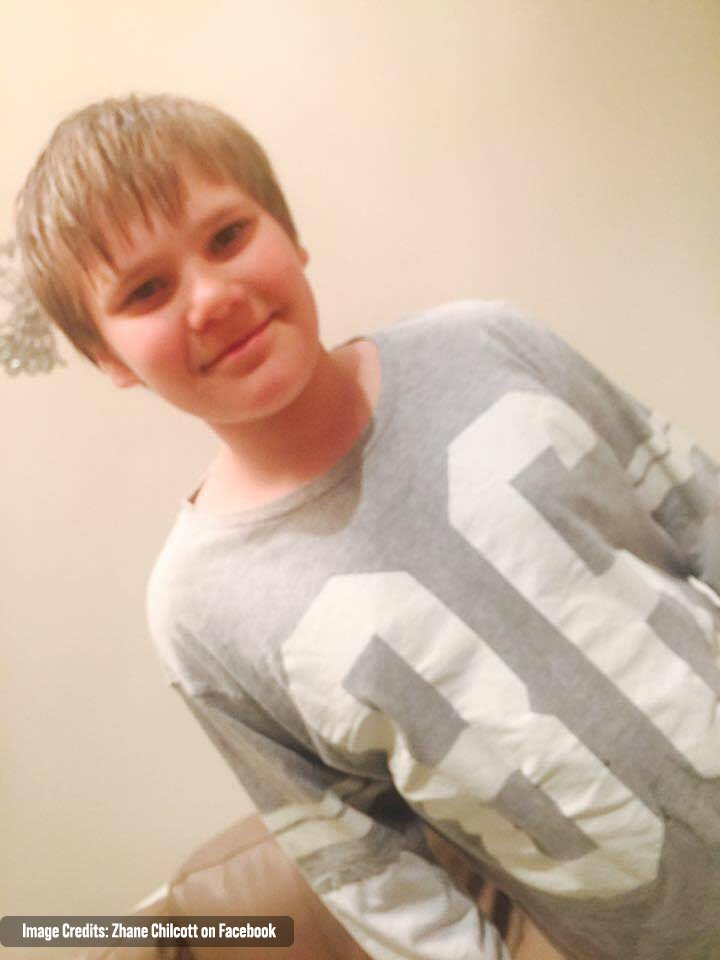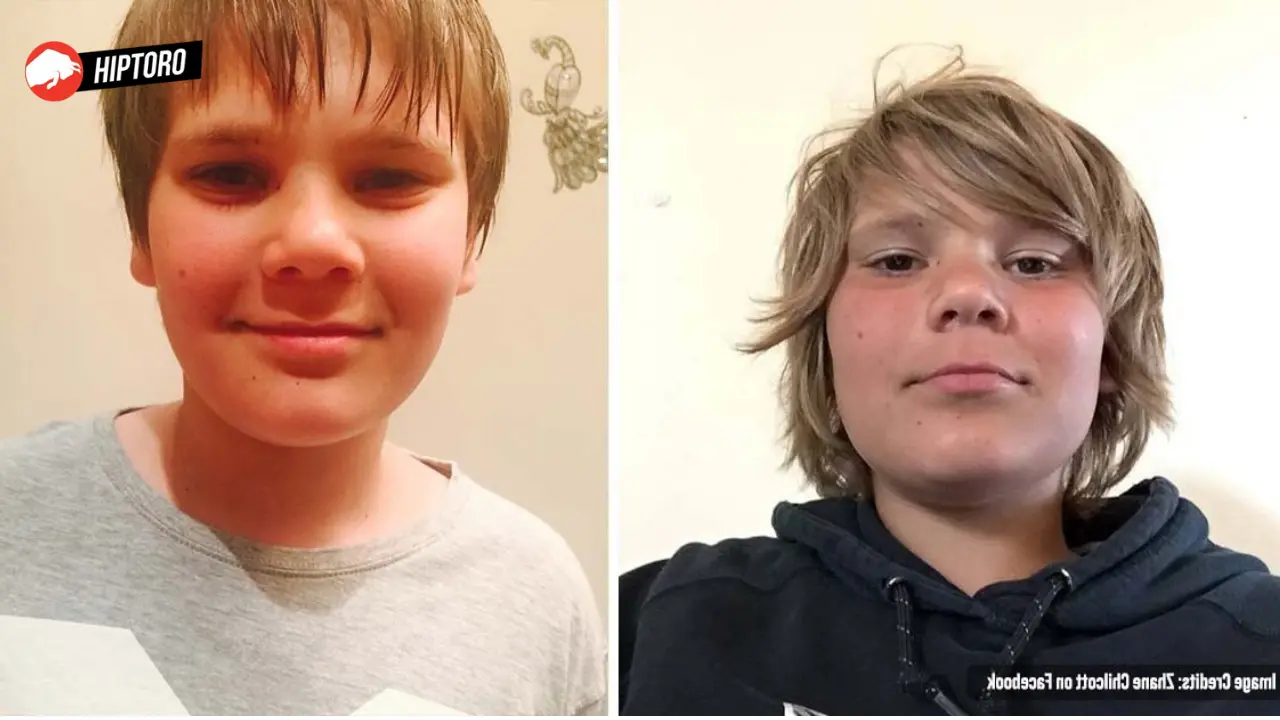After being relocated between eighteen different foster homes, a South Australian teenager committed suicide.
According to reports, 13-year-old Zhane Chilcott was repeatedly let down by those in charge of his care.
“But State Coroner David Whittle has stopped short of ruling that the 13-year-old’s death was preventable,”

“He said the circumstances related to the death of Zhane Chilcott in 2016 were complex and multifactorial, and the question of whether the boy’s death could have been avoided was therefore complicated.”
“Mr. Whittle said among the failures in Zhane’s case were missed opportunities for early intervention before he went into care, missed opportunities to deal with the trauma associated with multiple placements, and, in the period close to his death, multiple missed opportunities to address his psychiatric issues.”
According to David Whittle, the situation is extremely difficult, and it is impossible to say with certainty that early intervention could have saved the boy’s life.
Foster Home Kid

“An analysis of those missed opportunities does not lead with certainty to the conclusion that Zhane’s death by suicide was preventable.”
“I do find, however, that there were a number of missed opportunities in Zhane’s case to moderate the chances of death by suicide,” the Coroner added. “The cumulative effect of all those failings was to increase his risk of suicide. Had those failings not occurred, it can only be said that the risk of Zhane taking his own life must have been reduced.”
In July 2016, the boy committed suicide while staying in a Residential Care Unit in Adelaide’s south foster home.

“She said his short life was marked by significant placement instability leading to minimal opportunity to develop meaningful and secure relationships with the adults who cared for him. Ms. Giles said Zhane had also suffered from a myriad of behavioral issues in care and at school, sparked by significant traumas and a lack of help at critical moments in his life.”
“At one stage, he was placed with an experienced foster home carer in SA’s mid-north where he was said to have flourished, had begun to attend school regularly, and had been nominated for a leadership role.”
However, when the authorities refused to pay additional monies to his caregiver, he stated that he could not care for the youngster without an increase in funds.
“Instead, Zhane was placed in a residential facility at a greater cost over a three-month period than what the carer had asked for over a full year,”
Coroner David Whittle recommended that a risk registry be developed in state-run foster home care homes to document any risk or threat of self-harm in order to prevent such tragedies in the future.
“He also called for a review of payments to family-based foster home carers in a bid to increase the number of people willing to take children in and recommended children in care have their contact with biological family members considered in a meaningful way at least once every 12 months.”










